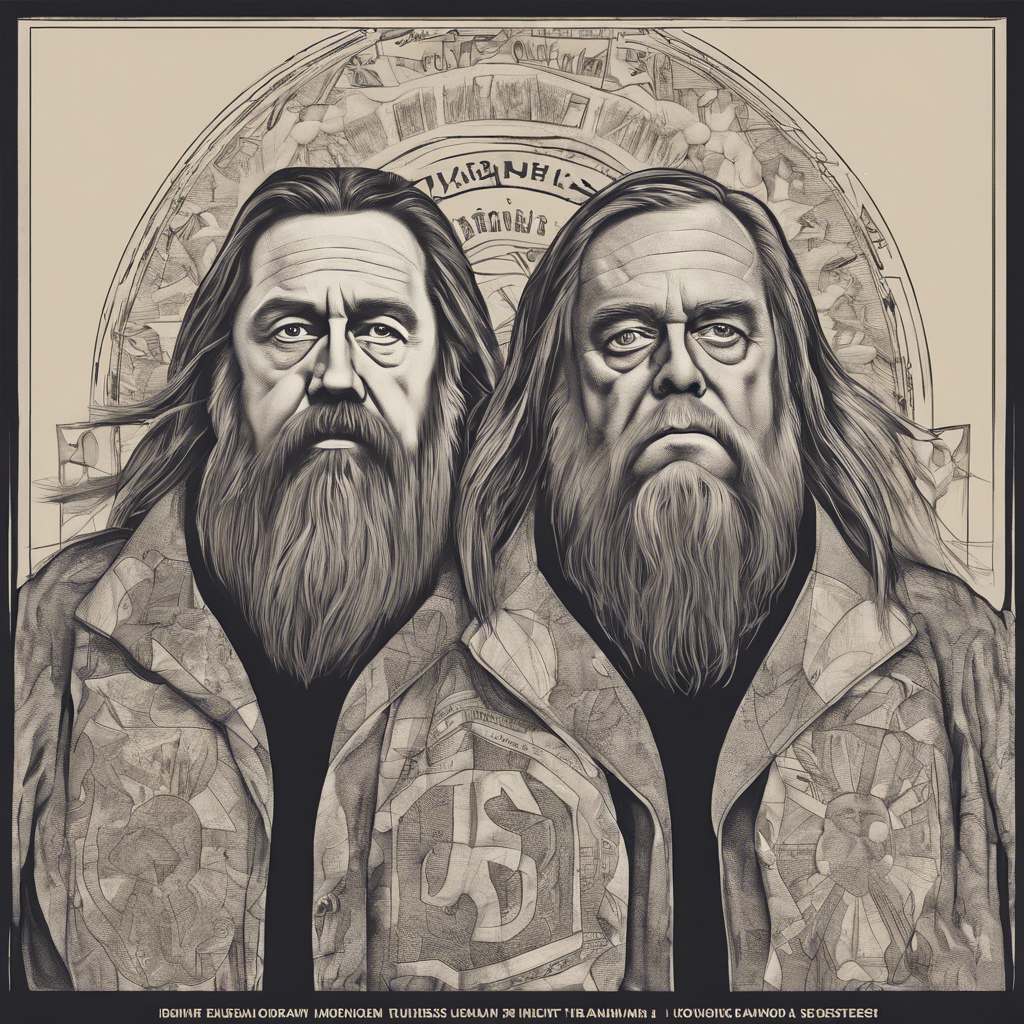Midwest Eurasianism

In his book The War for Eternity (2020), Benjamin Teitelbaum interviewed President Trump's former Chief Strategist Steve Bannon and Russian philosopher Aleksandr Dugin to explore the influence of Traditionalist philosophies on American politics. Bannon's claim that the true common people of America are those protected from liberalism by their distance from modernity, secular institutions, and cosmopolitan cities seems reminiscent of the weaknesses in Edward Bernays' theory of propaganda. Bernays' work is, in many ways, an act of self-promotion akin to modern-day clickbait: "use this one weird trick to control the masses." It falls into a double fallacy. Not only are the general public not mere dupes of elite liberal media, but their natural political orientation is neither wholly conservative nor liberal.
Both Edward Bernays' propaganda model and Bannon's populist notion can be questioned by arguing that the average U.S. voter exercises intellectual autonomy and holds opinions that elude the simplistic binaries presented by Bannon or his liberal counterparts.
Dugin introduces the concept of Eurasianism in his 1997 book Foundations of Geopolitics, arguing that Russia's vast landmass insulates its population from outside ideas, fostering a homogeneous and conservative society. In contrast, the 'Atlantic' nations, due to their maritime nature, are inclined to spread their ideas and power globally. This tendency is particularly pronounced in the United States, Dugin asserts, as a country of rootless immigrants pledging allegiance to supposedly universal values like liberty and democracy. This very identity compels the U.S. to universalize itself across the world, by force if necessary (pp. 149-50).
The United States vs. America
Although Bannon arrived at a similar conclusion through his independent reading of Traditionalist thinkers René Guénon, Julius Evola, and George Gurdjieff, he found much in common with Dugin's thinking when they met in Rome in 2018 (p. 153). Bannon appropriated these ideas to embellish his own theory of the American heartland, which we might call Midwest Eurasianism. Just as Dugin believes that the Russian peasantry's connection to the soil grants them a spiritual link to eternal Russianness, Bannon sees the American heartland as embodying a "blue-collar metaphysics."
Inverting the traditional hierarchy of the Traditionalists—who favored a priestly elite and viewed the masses as slaves to both their superiors and physical appetites—Bannon argues that the American working class's position at the bleeding edge of survival endows them with a wisdom no elite education could provide. For Bannon, it is liberalism, or more precisely the concept of the U.S. as an "idea"—the urge to remake the world in America's image—that poses the greatest threat to the heartland. This drive leads to outsourcing jobs and engaging in overseas wars.
Having outlined these positions, it’s not too much of a stretch to imagine that if both Bannon and Dugin were to read the opening lines of Edward Bernays’ 1928 classic Propaganda, with its assertion that "The conscious and intelligent manipulation of the organized habits and opinions of the masses is an important element in democratic society. Those who manipulate this unseen mechanism of society constitute an invisible government which is the true ruling power of our country," they would likely nod in agreement regarding the supposed distortion of U.S. public opinion by elite liberal media.
However, despite Bannon's claim that the American heartland is inherently conservative, the issue is that when we examine what most Americans believe on key political and cultural issues, neither conservatives nor liberals fully prevail. For example, and while we should bear in mind the propagandistic role of opinion polls in shaping rather than reflecting public sentiment, according to a June 2024 opinion poll by the Pew Research Center 65% of U.S. voters believe that a person’s sex is determined at birth (Pew Research Center, p. 38), and 54% believe that gun ownership increases public safety by allowing individuals to protect themselves. On the other hand, 59% of Americans believe undocumented migrants should be allowed to stay in the U.S., and 66% oppose an outright ban on abortion.
Where this autonomy of opinion originates is beyond the scope of this essay. Yet if Bannon were to claim that the more liberal positions articulated above are the result of Bernaysian manipulation by elite liberal media, this would only undermine his argument about the inherent wisdom of the American heartland. It would also echo the patronizing Marxist argument of "false consciousness" among the working class. Since neither side consistently gets what it wants, perhaps the wisdom of the American heartland transcends both the left and the right.
Bibliography
Bernays, E.L. (1928) Propaganda.
Pew Research Center (2024) Cultural Issues and the 2024 Election.
Teitelbaum, B.R. (2020) The War for Eternity: The Return of Traditionalism and the Rise of the Populist Right.
